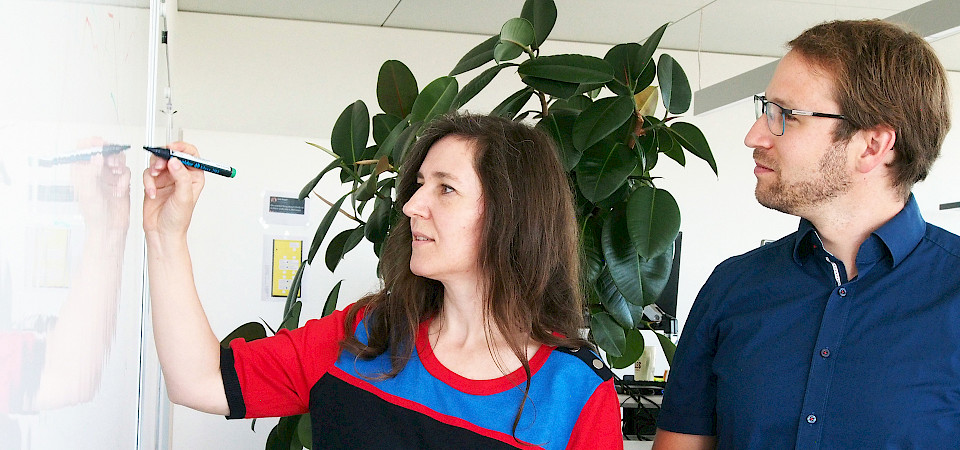IT integration of payment features
Tailor-made software solutions from jambit

"Follow the money" – this saying from politics is also relevant for software developers. Sooner or later, every start-up, prototype, and project must somehow pay off financially – and ideally, IT is not only a cost factor in the company, but also a source of income. What comes up is the question of monetizing software – because good ideas alone do not bring in revenue. But when it comes to actually processing customers' payments in the end-user sector, things quickly become very complicated. A multitude of legal framework conditions, different accounting requirements, security aspects – and what about PSD2?
In the first prototype phase, it is often appropriate to proceed very simply – invoices for more complex business use cases can also be created with Excel and Word templates. But such solutions very quickly reach their limits. With reaching the desired success, you have to scale up quickly. If, for example, a migration from Excel enriched with VisualBasic to Java is then necessary, it becomes anything but trivial.
Payment options for customers:
Invoice, credit card, alternative payment services
The integration of payment features is becoming relevant in more and more areas of our customers: Media companies generate additional revenue via paywalls at newspapers, for example, and car manufacturers sell vehicles online or offer digital after-sales solutions to upgrade functions. Mobility services or digitally mediated leasing products are also becoming increasingly relevant. In the context of electromobility, there are also more and more use cases in this direction – electricity at charging stations and parking spaces are paid for digitally. The challenges are always similar: How do I get my money? How do I create invoices? How do I enable payment with credit cards? It is therefore worthwhile to benefit from existing experience.
There are different ways of offering payment options to customers, which can be roughly divided into three categories:
Develop payment solutions with jambit:
Industry know-how and innovative software development

The hearts of our employees beat for software development, of course. However, to take responsibility for our software, we must also always understand our specialist nature. This holds also true for our payment-related projects – through close collaboration between experts from the specialist departments and our payments specialists, we analyze our customers' business processes to implement those in software as efficiently as possible. This agile collaborationoften allows our teams to proactively suggest improvements, making the process more enjoyable for both the end customer and the operator – and thus achieving our goal of "100% enthusiasm".
Through our many years of experience in this field, we now have a wide range of employees with specific industry know-how who bring their experience to their projects. Please feel free to contact us via the form on this page.
Looking for a competent service provider for your payment project?
Contact us now!
Michael Römer is looking forward to your message.





